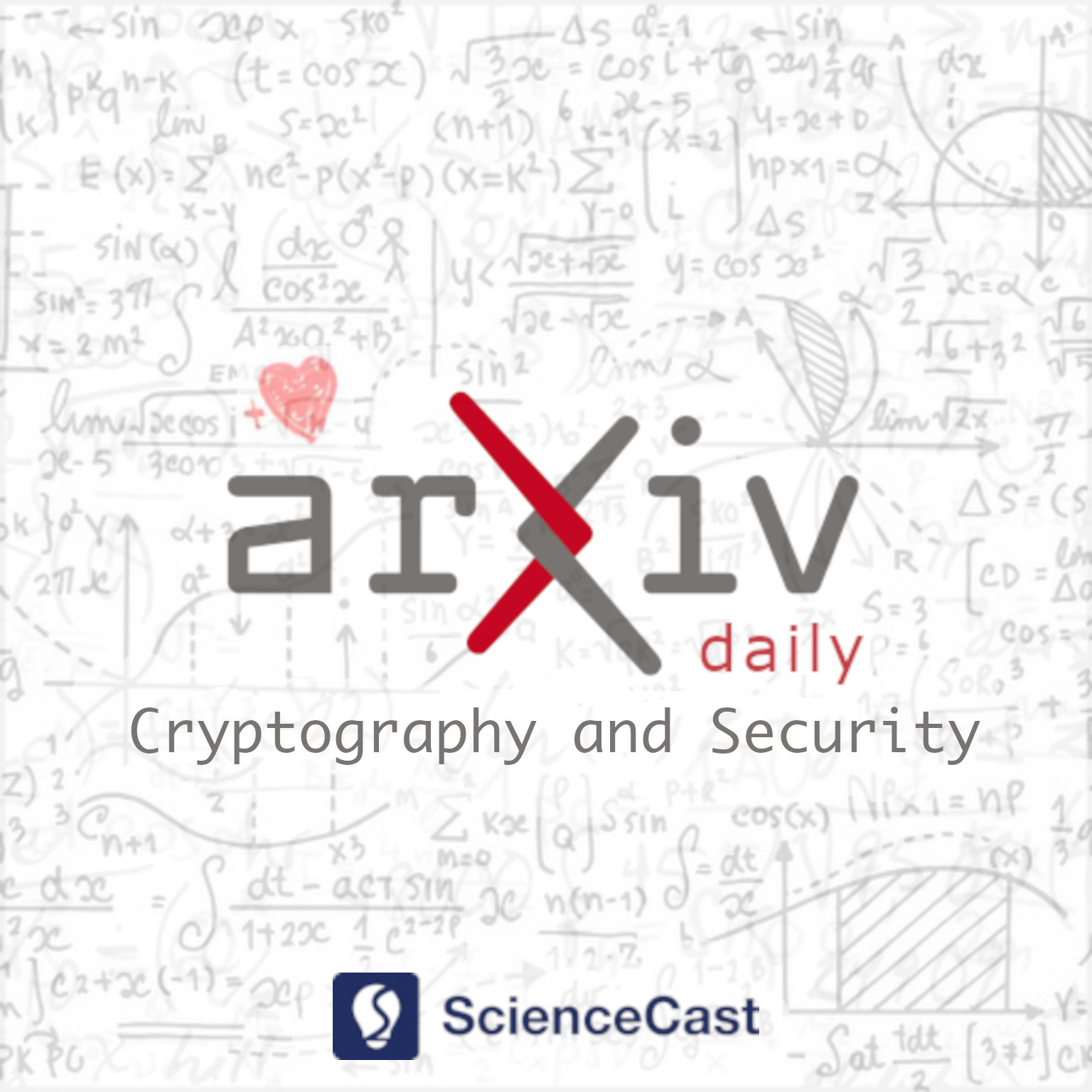
Cryptography and Security (cs.CR)
Thu, 03 Aug 2023
1.VCTP: A Verifiable Credential-based Trust Propagation Protocol for Personal Issuers in Self-Sovereign Identity Platforms
Authors:Rahma Mukta, Rue C. Teh, Hye-young Paik, Qinghua Lu, Salil S. Kanhere
Abstract: Self Sovereign Identity (SSI) is an emerging identity system that facilitates secure credential issuance and verification without placing trust in any centralised authority. To bypass central trust, most SSI implementations place blockchain as a trusted mediator by placing credential transactions on-chain. Yet, existing SSI platforms face trust issues as all credential issuers in SSI are not supported with adequate trust. Current SSI solutions provide trust support to the officiated issuers (e.g., government agencies), who must follow a precise process to assess their credentials. However, there is no structured trust support for individuals of SSI who may attempt to issue a credential (e.g., letter of consent) in the context of business processes. Therefore, some risk-averse verifiers in the system may not accept the credentials from individual issuers to avoid carrying the cost of mishaps from potentially inadmissible credentials without reliance on a trusted agency. This paper proposes a trust propagation protocol that supports individual users to be trusted as verifiable issuers in the SSI platform by establishing a trust propagation credential template in the blockchain. Our approach utilises (i) the sanitizable signature scheme to propagate the required trust to an individual issuer, (ii) a voting mechanism to minimises the possibility of collusion. Our implementation demonstrates that the solution is both practical and performs well under varying system loads.
2.Anonymity Analysis of the Umbra Stealth Address Scheme on Ethereum
Authors:Alex Kovács, István András Seres
Abstract: Stealth addresses are a privacy-enhancing technology that provides recipient anonymity on blockchains. In this work, we investigate the recipient anonymity and unlinkability guarantees of Umbra, the most widely used implementation of the stealth address scheme on Ethereum, and its three off-chain scalability solutions, e.g., Arbitrum, Optimism, and Polygon. We define and evaluate four heuristics to uncover the real recipients of stealth payments. We find that for the majority of Umbra payments, it is straightforward to establish the recipient, hence nullifying the benefits of using Umbra. Specifically, we find the real recipient of $48.5\%$, $25.8\%$, $65.7\%$, and $52.6\%$ of all Umbra transactions on the Ethereum main net, Polygon, Arbitrum, and Optimism networks, respectively. Finally, we suggest easily implementable countermeasures to evade our deanonymization and linking attacks.
3.The ACAC_D Model for Mutable Activity Control and Chain of Dependencies in Smart and Collaborative Systems
Authors:Tanjila Mawla, Maanak Gupta, Safwa Ameer, Ravi Sandhu
Abstract: With the integration of connected devices, artificial intelligence, and heterogeneous networks in IoT-driven cyber-physical systems, our society is evolving as a smart, automated, and connected community. In such dynamic and distributed environments, various operations are carried out considering different contextual factors to support the automation of collaborative devices and systems. These devices often perform long-lived operations or tasks (referred to as activities) to fulfill larger goals in the collaborative environment. These activities are usually mutable (change states) and interdependent. They can influence the execution of other activities in the ecosystem, requiring active and real-time monitoring of the entire connected environment. Recently, a vision for activity-centric access control(ACAC) was proposed to enable security modeling and enforcement from the perspective and abstraction of interdependent activities. The proposed ACAC incorporates four decision parameters: Authorizations(A), oBligations(B), Conditions(C), and activity Dependencies(D) for an object agnostic access control in smart systems. In this paper, we take a step further towards maturing ACAC by focusing on activity dependencies(D) and developing a family of formal mathematically grounded models, referred to as ACAC_D. These formal models consider the real-time mutability of activities in resolving active dependencies among various activities in the ecosystem. Activity dependencies can form a chain where it is possible to have dependencies of dependencies. In ACAC, we also consider the chain of dependencies while handling the mutability of an activity. We highlight the challenges while dealing with chain of dependencies, and provide solutions to resolve these challenges. We also present a proof of concept implementation of with performance analysis for a smart farming use case.